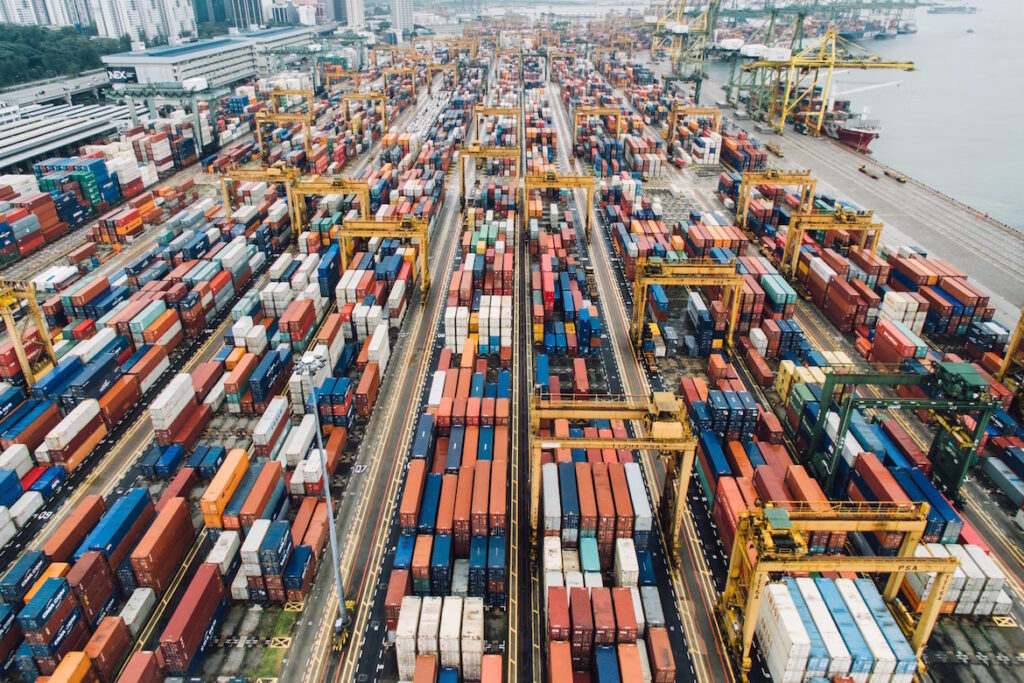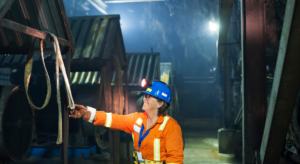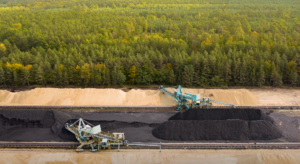The mining industry plays a significant role in our modern society, providing the raw materials necessary for various sectors. However, this industry also faces challenges related to sustainability and responsible practices. As the world grapples with the urgent need to combat climate change, responsible sourcing and supply chain decarbonization have emerged as vital components in creating a greener and more ethical mining industry. In this blog post, we will explore the concept of responsible sourcing and its crucial role in decarbonizing the mining industry’s supply chain. We will also delve into the importance of traceability, transparency, and various initiatives that promote ethical mining practices, conflict-free minerals, and reduced carbon footprints throughout the supply chain. Lastly, we will highlight examples of companies that have implemented responsible sourcing strategies and the positive impact these initiatives have had on decarbonization efforts.
Responsible Sourcing: A Path to Decarbonization
Responsible sourcing refers to the practice of ensuring that raw materials are extracted and processed in an environmentally and socially responsible manner. In the context of the mining industry, responsible sourcing involves minimizing the negative impact on ecosystems, respecting the rights and well-being of local communities, and reducing carbon emissions throughout the supply chain.
Traceability and Transparency: Building Trust
At the heart of responsible sourcing lies the crucial aspects of traceability and transparency. These elements allow for the identification and tracking of raw materials throughout the entire supply chain, from extraction to the final product. By establishing traceability systems, companies can verify the origin and ethical standards associated with the minerals they source. Transparency ensures that information about a product’s environmental and social impact is readily available to consumers, stakeholders, and regulatory bodies. Together, traceability and transparency build trust and enable informed decision-making.
Companies Leading the Way
Numerous companies have embraced responsible sourcing strategies, setting an example for the industry as a whole:
- Tesla: Tesla has taken steps to ensure a responsible and ethical supply chain by directly sourcing minerals like lithium and cobalt. The company aims to eliminate human rights abuses and reduce its carbon footprint by partnering with mining companies that meet strict environmental and social standards.
- BHP: BHP, one of the world’s largest mining companies, has committed to reducing emissions and decarbonizing its operations. They are investing in renewable energy, implementing carbon capture technologies, and working towards establishing sustainable supply chains.
- Apple: Apple has made significant strides in responsible sourcing by requiring its suppliers to follow strict guidelines regarding mineral sourcing, labor practices, and environmental impact. They have also implemented a robust traceability program for minerals like tin, tantalum, tungsten, and gold.
Final thoughts
Responsible sourcing and supply chain decarbonization are essential pillars in creating a sustainable and ethical future for the mining industry. By prioritizing traceability, transparency, and ethical mining practices, companies can reduce their carbon footprints and mitigate the negative social and environmental impacts associated with raw material extraction.
The positive impact of responsible sourcing on decarbonization efforts cannot be overstated. By partnering with environmentally and socially conscious mining operations, companies can ensure the extraction of conflict-free minerals and reduce the carbon intensity of their supply chains. Additionally, traceability and transparency build trust among consumers, investors, and stakeholders, enabling them to make informed choices and support companies that prioritize sustainability.
Visit future-bridge.eu or mining-events.com and follow us on our social media to keep track of other events about sustainability in the mining and metals industry.





